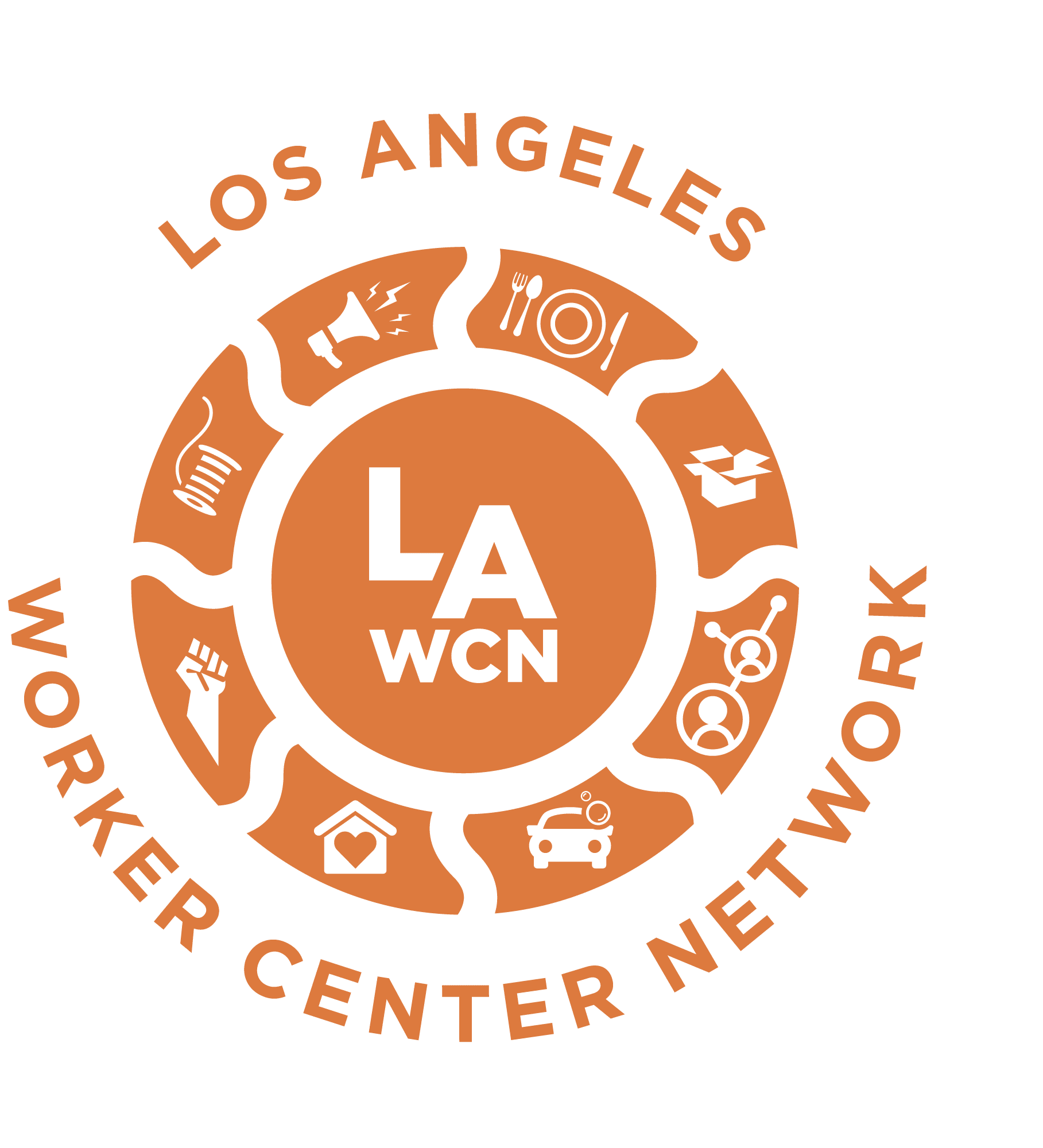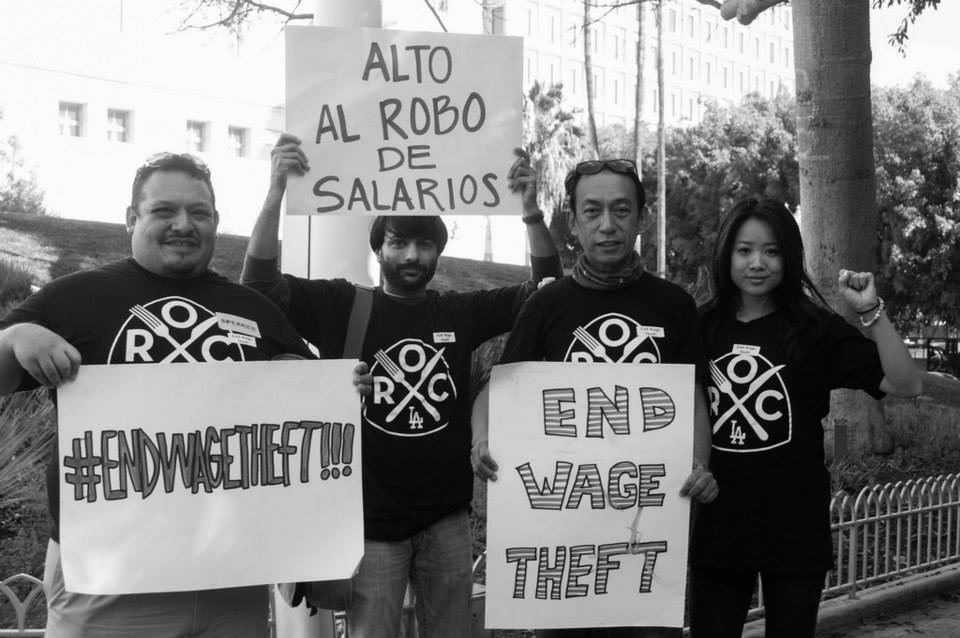By Armando Gudino, Executive Director, Los Angeles Worker Center Network (LAWCN)
The Hollywood, Kaiser and United Auto Workers strikes this year demonstrated the labor movement’s new vitality, even as they ignited debates over workers’ relationship to tech. But underlying these actions are other equally important and longtime battles often times treated as a second-tier issue or simply ignored and that’s the issue wage theft—a chief concern in California.
Los Angeles is known as a labor town, but since 2010, it also held the title of wage theft capital of the nation. And though wage theft affects low-income workers most acutely, all non-unionized workers can and do regularly face workplace injustices which can include not being paid minimum wage, not being paid overtime, lack of meal or rest breaks, tip stealing, illegal deductions, or even complete non-payment among others.
As this year’s hot labor summer became an activist worker winter, community-based worker centers led communities in uplifting low-wage, non-union workers’ concerns, particularly housing insecurity. We identified links between wage theft and L.A.’s other pervasive problems, most prominently homelessness.
In a recent LAWCN concept paper, we noted an enduring correlation between wage theft and homelessness. In a city where one-bedroom rentals average $2,300 per month, a worker can lose more than a month’s rent, $2,800 each year, to wage theft.
On any given week, 88 percent of low-wage workers in Southern California suffer wage theft, whether through unpaid overtime, unused meal/rest breaks, or below-minimum-wage pay. In California, one must earn at least $39/hr to afford a two-bedroom apartment–far above our workers’ real earnings.
LAWCN member centers regularly organize workers surviving in shelters, tents, or in their cars. In the fast-food industry, one of every 17 California workers is unhoused. Every week, low-wage workers lose $26-28 million.
That is why this past September, L.A. Council Members Tim McOsker and Hugo Soto-Martinez worked with LAWCN to introduce motions seeking stricter enforcement of labor standards and better integration of investigations.
The same month, County District Attorney George Gascón, who won office on a reform platform, announced a new labor justice unitto enforce laws against wage theft and pursue cases against criminal employers.
The worker center movement is succeeding in bringing resources, training, protections, and meaningful representation for these industries in ways that no one else has cared to do or been able to do in a long time, if ever. Our work is foundational in this effort because the workers we organize are, by definition, essential workers. The home care, garment, restaurant, warehouse, retail, car wash, and other low-wage industries are vital for our region’s prosperity, as proven during the pandemic. LAWCN is, therefore, directly and positively impacting millions of workers. We are helping build systems of advocacy and policy change—and doing so with a limited budget. It is working because a few have invested, and our community’s strength and resilience are responding. This is what community-based worker power looks like.
In 2024, LAWCN will expand on its collaboration with the City of Los Angeles and the County of Los Angeles to continue building viable labor standards enforcement and strategic partnerships that can serve as a model for others, including the Counties of San Bernardino, Orange, and Riverside, where the worker center movement is expanding. Worker centers are trusted community messengers uniquely poised to work with agencies tasked to investigate workplace complaints and through this, continue to build a productive community/government partnership that can become a model for other cities across the state.
To be sure, robust wage enforcement is not the one-and-only solution for wage theft, and other solutions are uncovering new shortages. For example, as workers here become aware of their rights, claims filed with the California Labor Commissioner are rising, causing a backlog.
But putting in place a system in Los Angeles to let low-wage workers act locally to keep their lawful earnings can ease pressure on the state, achieve faster resolution, and eventually, lift workers out of the poverty that often leads to homelessness.
As Los Angeles prepares for the 2026 FIFA World Cup and the 2028 Olympics, a potent spotlight will turn in our direction. Wage standards enforcement can help lift workers out of poverty and homelessness, so our city and state can show its best face to the world.

